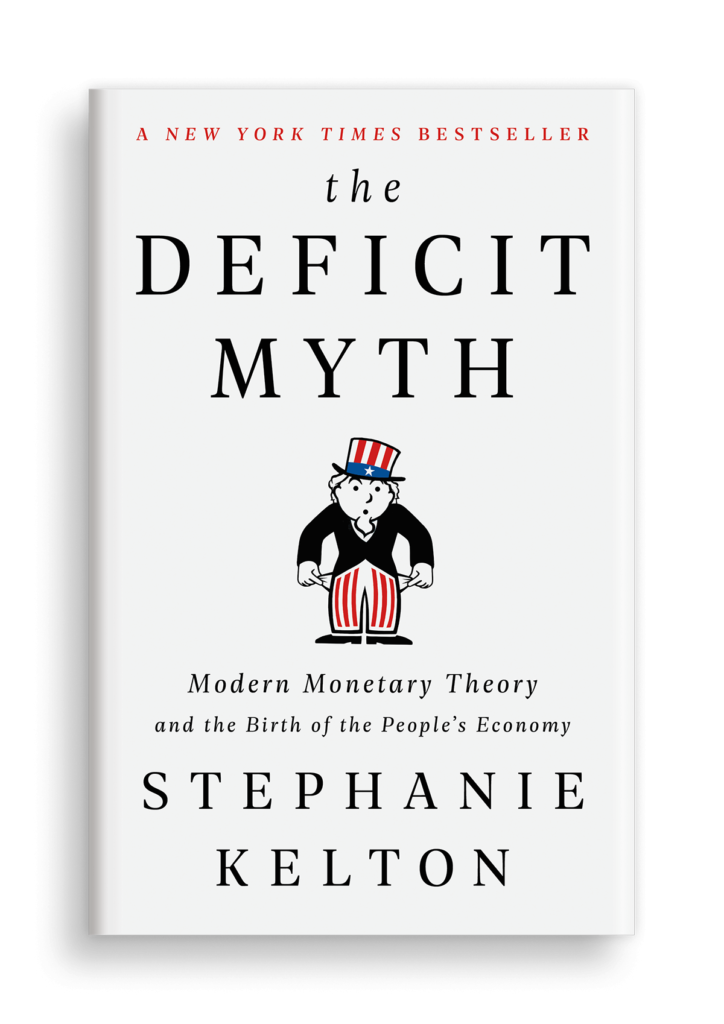EP 395 Does the Federal Government Really Need to Tax to Spend?

Many pundits are fixated on the budget mess in Washington, D.C. and how we are burdening future generations with debt and deficits and that, by virtue of this spending, we are crowding out borrowing that will needed for investments in the private market. Stephanie Kelton, former chief economist on the U.S. Senate Budget Committee, dares to protest. She’s not a budget hawk or dove, but rather a budget owl. Some might say that means she’s has wisdom of new truths and other might say she doesn’t give a hoot about deficits. In either case you may wonder how she can be so indifferent to what others are so frantic about? It’s because of the modern monetary theory to which she subscribes and defends in her new book, ‘The Deficit Myth’. This theory posits that as a currency issuer, the federal government isn’t subject to the same kinds of budgetary constraints as a household. Rather than asking how to pay for crucial improvements our society needs, as it relates to health care, infrastructure, child care and the like, Kelton says it’s a deficit of policy design and imagination rather than money. While I have been concerned about debt over many years, consider this. Did anyone raise their voice on either side of the aisle recently when in combination, monetary stimulus and fiscal stimulus in response to the pandemic, pushed $7 trillion out the door? Did any deficit hawk say ‘well how are we going to pay for this…what taxes must be raised’? In fact, the President talked about a payroll tax cut on top of this huge outlay. This is a fascinating new theory well out side the Keynesian or supply side schools of economics. Recently, Ms. Kelton spoke to Members of Parliament in the United Kingdon about it. She’s the leading thinker and most visible public advocate of modern monetary theory. It’s fresh. It’s bold. I’d imagine this will be your first exposure to it on our podcast.
Podcast: Play in new window | Download